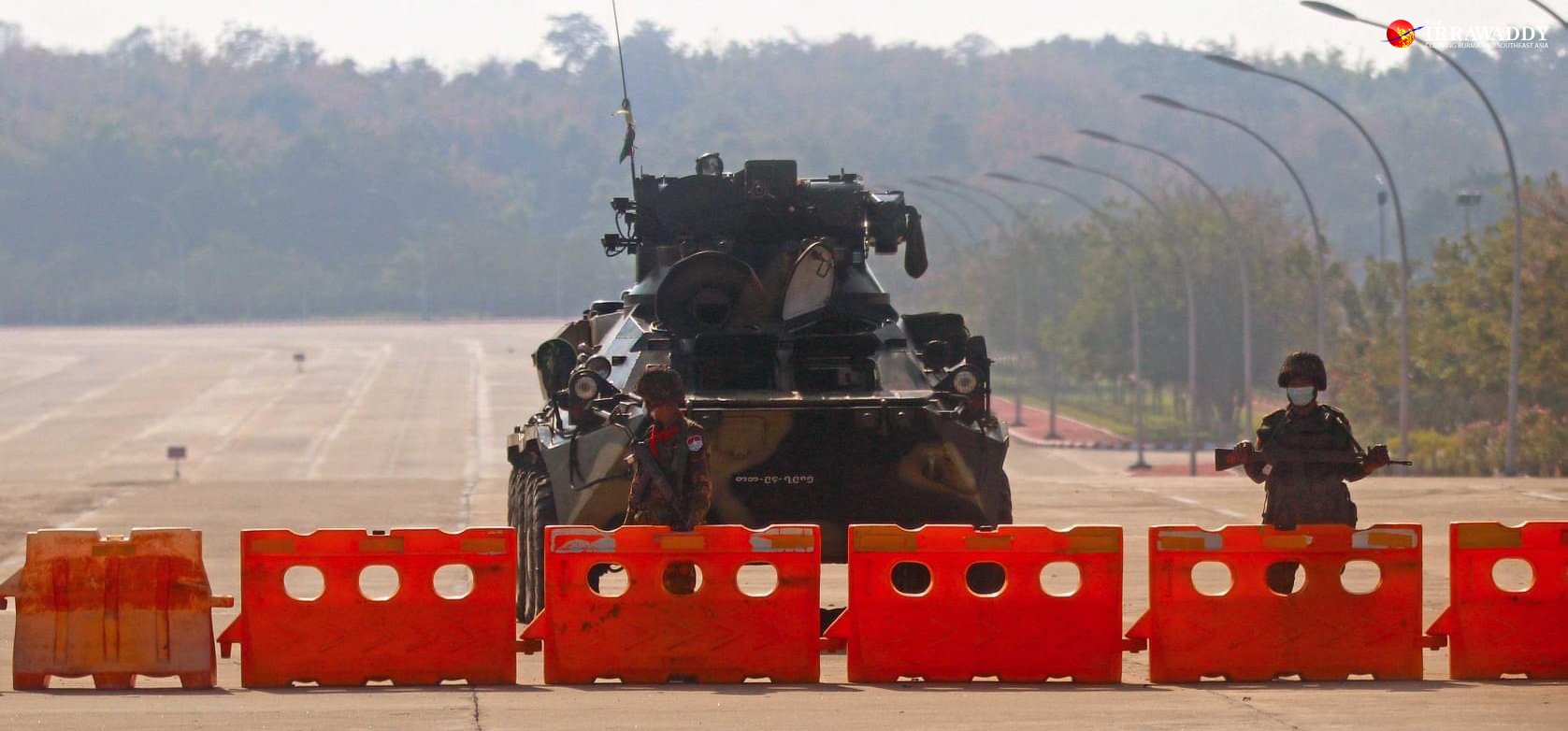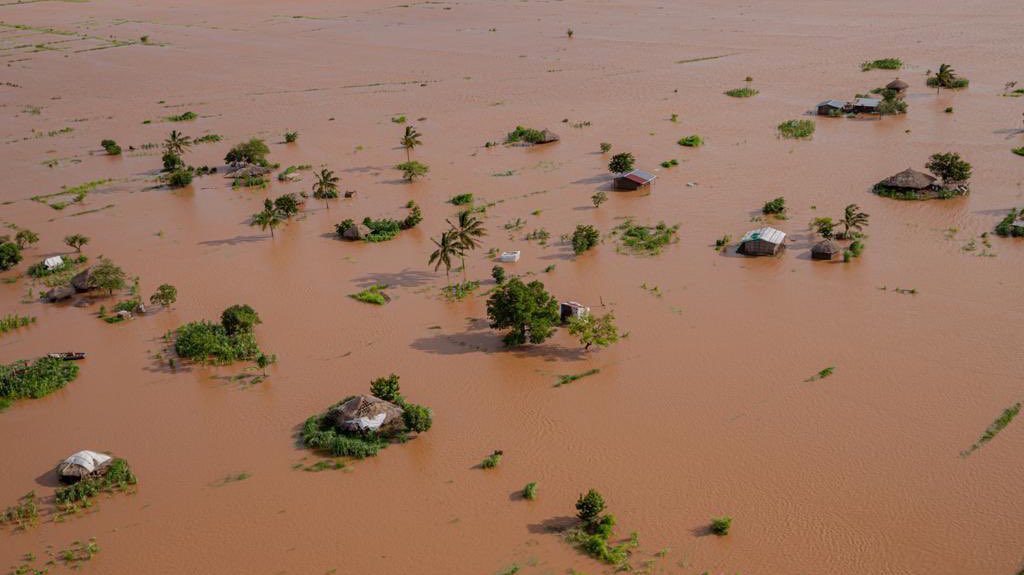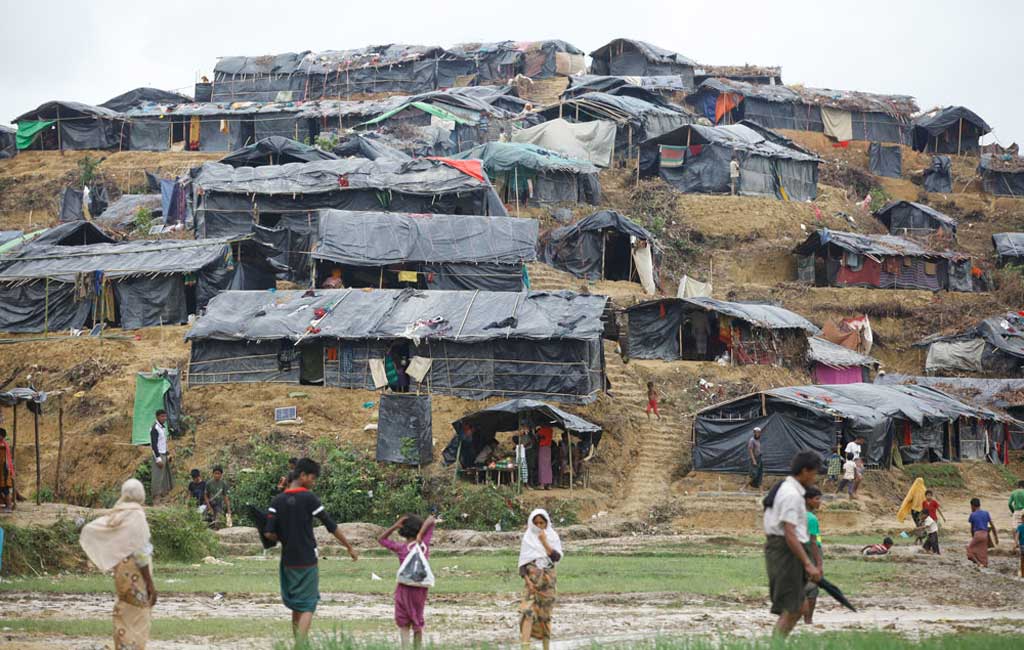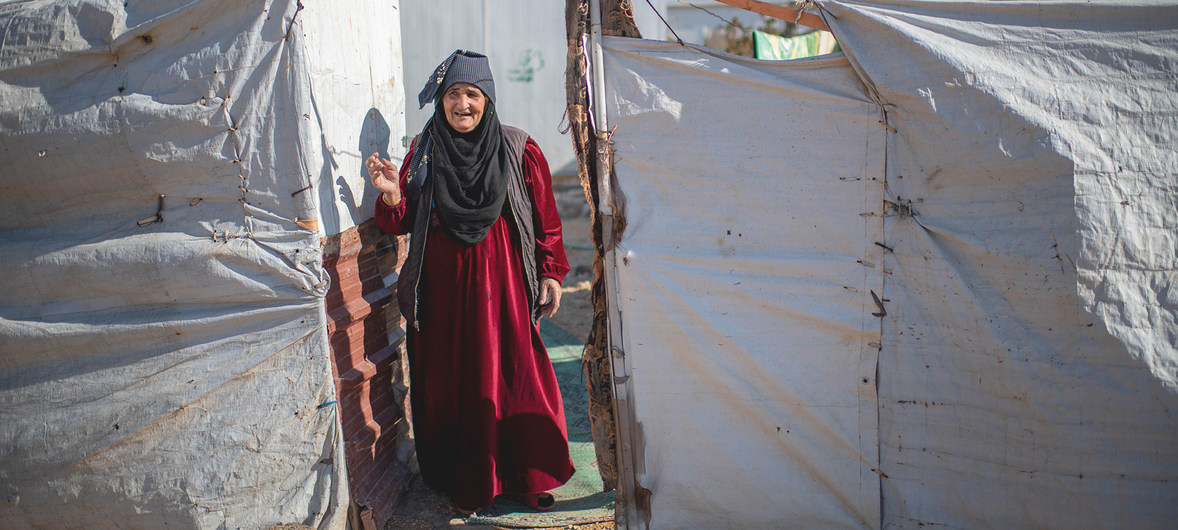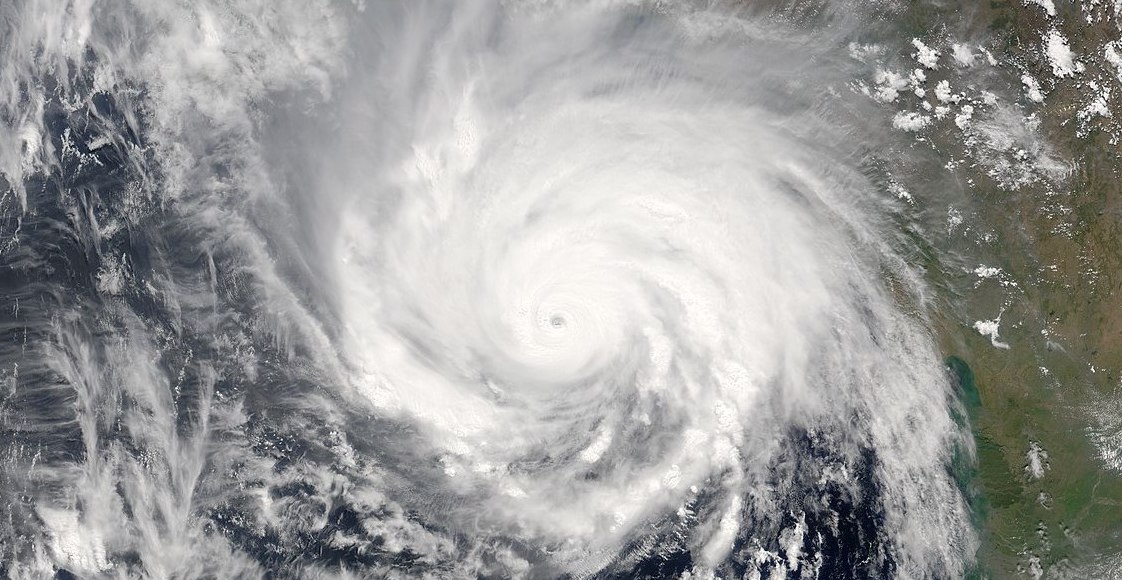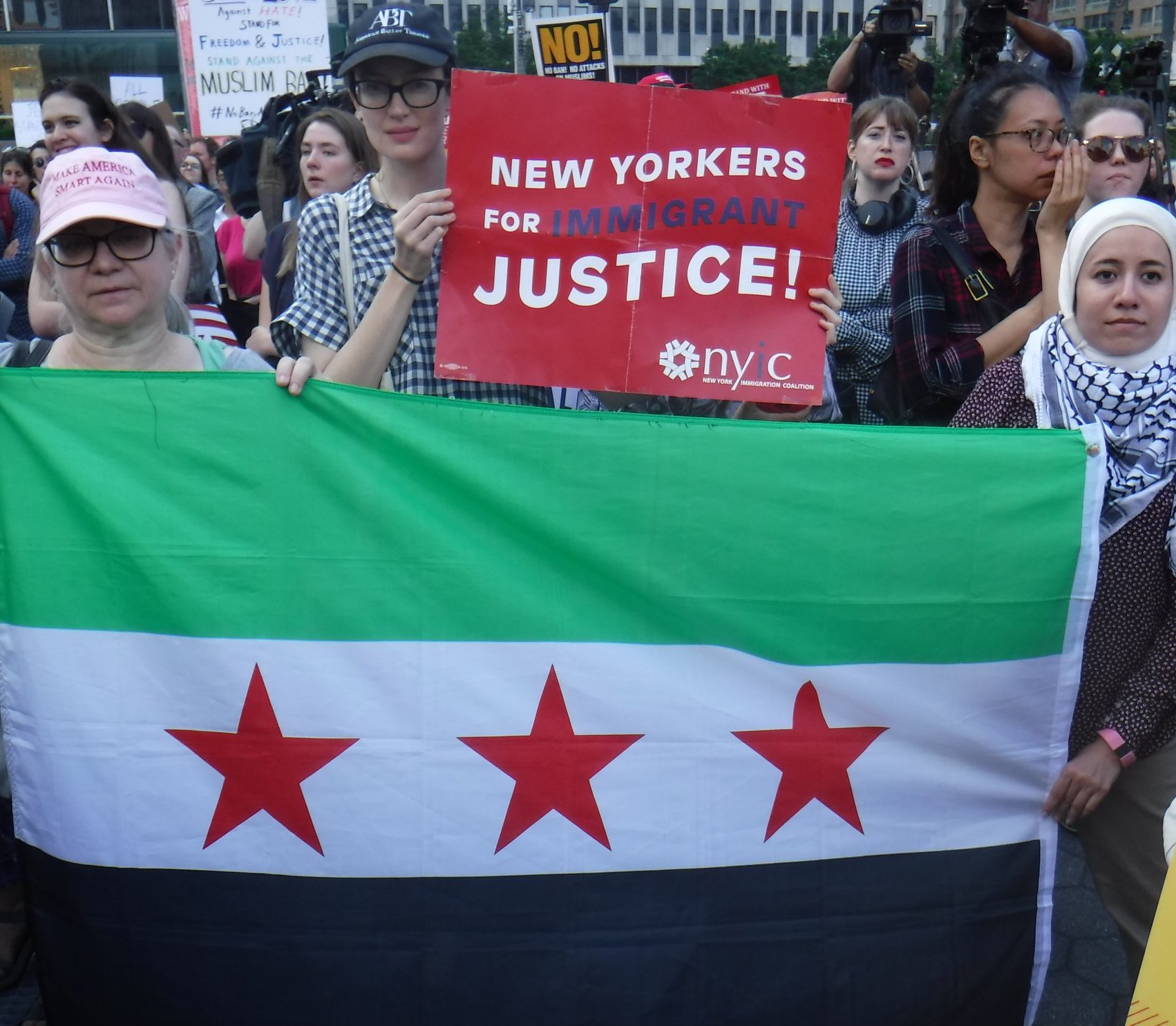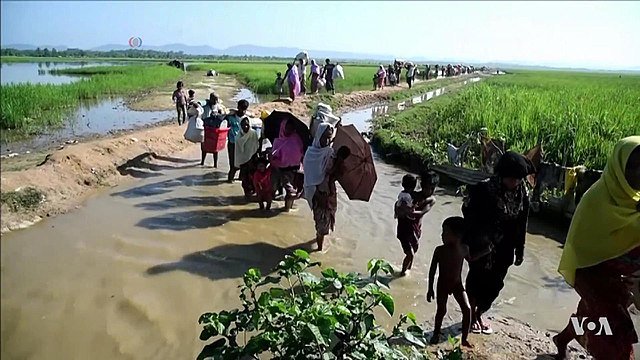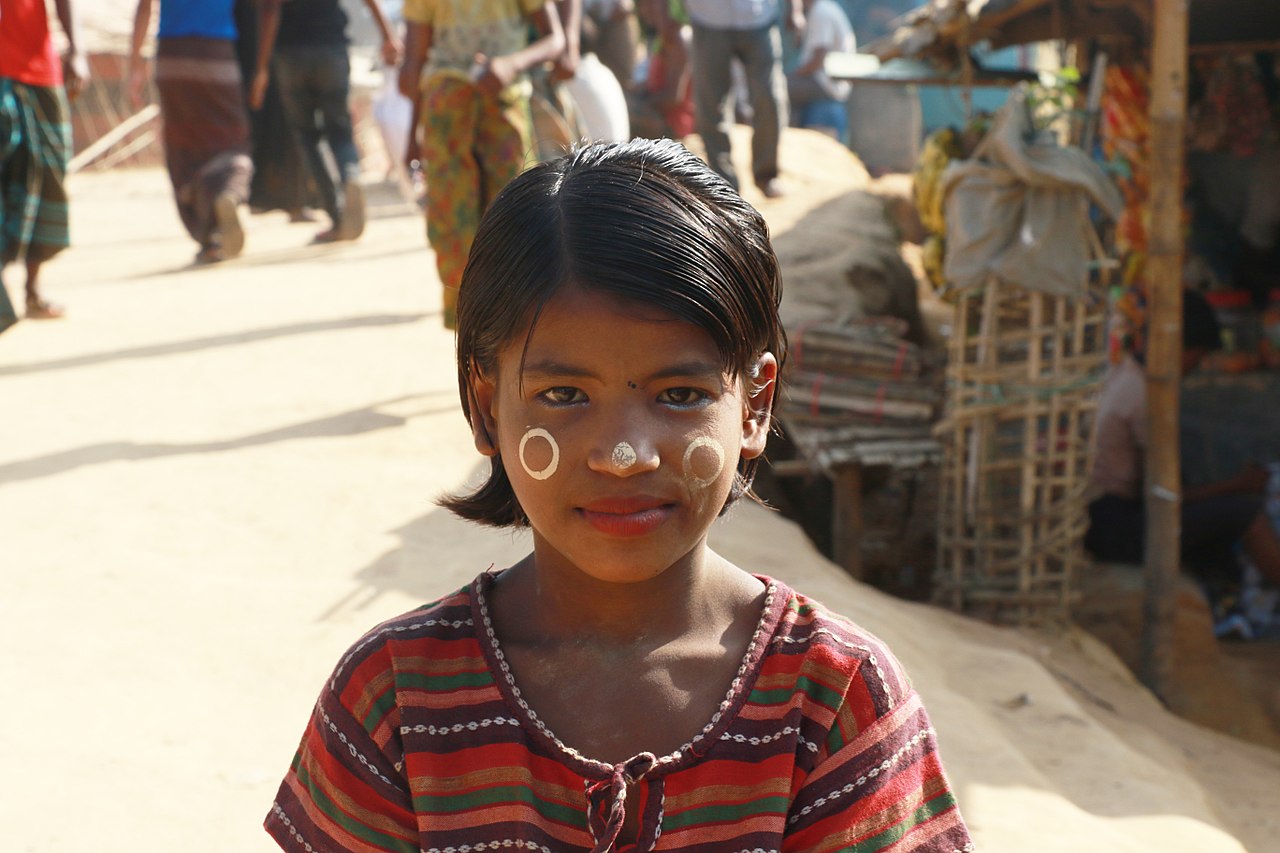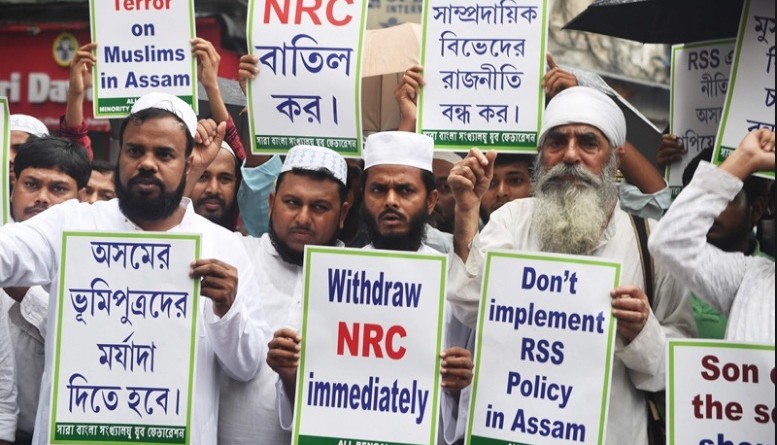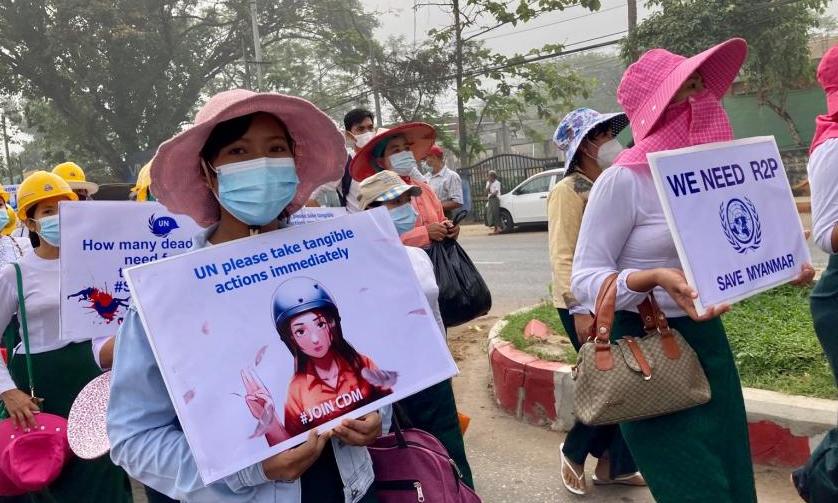
Burma: protesters demand ‘R2P’ as massacres mount
The death toll since the Feb. 1 coup in Burma has now exceeded 100 as security forces continue to fire on pro-democracy protesters. Most recent repression has been in Yangon’s outlying townships, where protesters have barricaded off streets in an attempt to secure territory. Martial law was declared in six of these townships, giving the military broad authority over those areas. Protesters have started using the hashtags #WeNeedR2P and #WeNeedR2PForMyanmar. In images seen from the air, protesters have arranged placards or lights from their mobile phones to spell out “WE NEED R2P.” This is a reference to the “responsibility to protect” doctrine developed in the 1990s following the disastrous failures to prevent genocide in Bosnia and Rwanda. (Photo: Myanmar Now)



